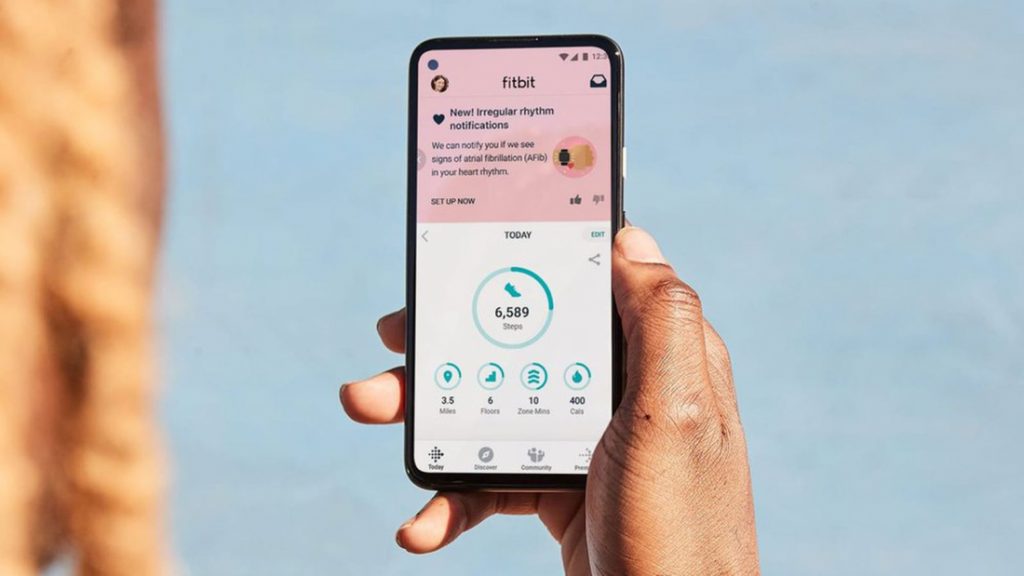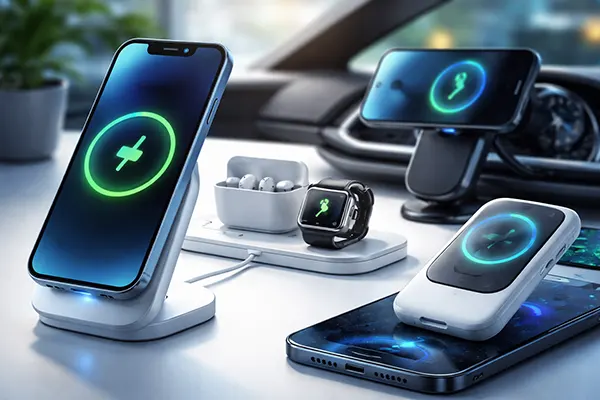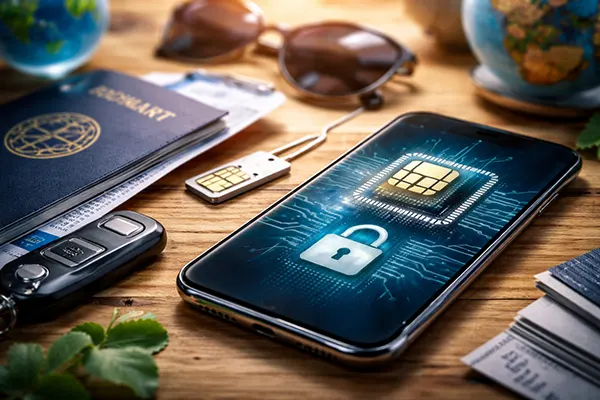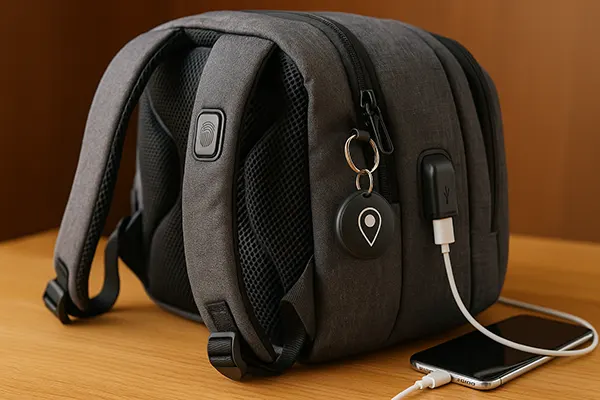Actually Fitbit Heart Rate Monitoring Is Precise

Consumer Reports is backing Fitbit through claiming the company’s heart rate monitoring on the Charge HR and the Fitbit Surge is accurate.
And that, the American consumer rights-focused magazine decided to carry out further tests in response to the lawsuit filed against Fitbit, which claimed that heart rate monitoring was inaccurate, particularly for high intensity levels. The lawsuit claimed that readings were off on average of 24.34bpm and could be as much as 75bpm off an accurate heart rate reading having carried out tests with a “board-certified cardiologist.”
Those new tests involved getting a male and female volunteer to perform a series of treadmill runs, each with a Charge HR and a Surge. The two trackers were tested against the Polar H7 heart rate monitor.
The Polar chest strap monitors heart rate using ECG technology, which involves measuring the heart’s electrical activity and is regarded as one of the most reliable ways to record heart rate data. Unlike the H7, Fitbit’s fitness trackers use proprietary PurePulse optical heart rate sensor that flashes lights against the skin to detect changes in blood volume to produce a bpm reading.
After its initial tests with the Charge HR and Surge focused on resting heart rate and monitoring under moderate exercise, the new round of tests examined heart rates at rest, a walking pace (110bpm), jogging pace (130bpm) and running pace (150bpm).

All of the tests were conducted twice with a total of 64 heart rate measurements recorded. Those tests showed accurate readings against the H7, with variances in data no more than 3 heartbeats per minute.
It wasn’t all plain sailing although. When the female tester used the Charge HR for a higher intensity run, the chest strap gave a reading 150bpm while the Fitbit Charge HR read 144bpm. For the second run, the tracker produced a 139bpm reading. Consumer Reports said that the inaccuracy disappeared when the Charge HR was worn on her forearm. The Surge meanwhile, apparently had no accuracy issues whether it was worn on the wrist or the forearm.
Therefore do these tests certainly attest that there’s nothing wrong with the heart rate monitoring on the Charge HR and the Surge? Well, not quite. It’s still a limited way of investigating the issue and if you’ve read our recently updated Fitbit reviews, we remain unconvinced that they are good enough. What’s more, who wears a Fitbit on their forearm?
More importantly, we’ll be carrying out our own in depth testing of wrist-based heart rate monitoring including the Charge HR and Surge in the very near future to wade in on the big Fitbit heart rate debate.




